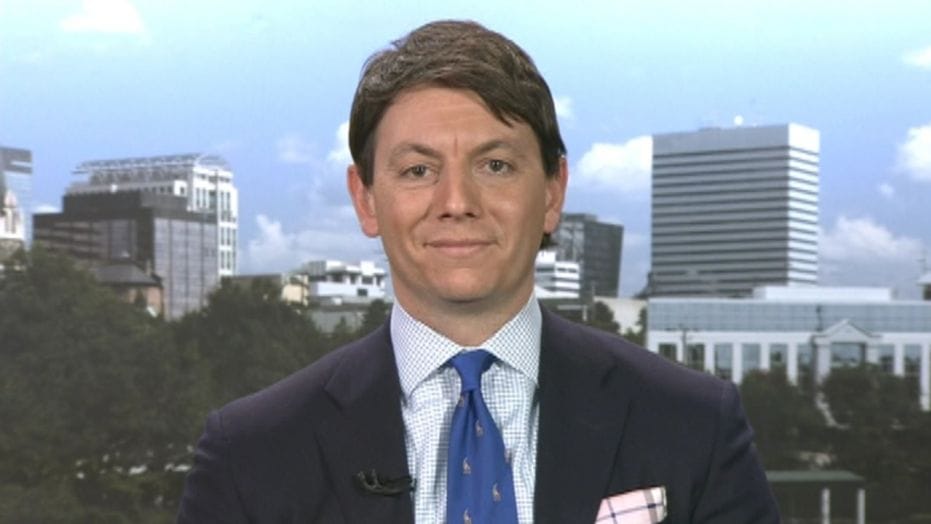White House Supports FCC Efforts to Close Digital Divide in Efficient Manner
WASHINGTON, November 21, 2017 — The White House on Friday defended the Federal Communications Commission’s decision to prevent telecommunications service resellers like TracPhone and Simply Wireless from participating in the Universal Service Fund Lifeline program, and to restrict participation in t

WASHINGTON, November 21, 2017 — The White House on Friday defended the Federal Communications Commission’s decision to prevent telecommunications service resellers like TracPhone and Simply Wireless from participating in the Universal Service Fund Lifeline program, and to restrict participation in the program to facilities-based providers like AT&T, Verizon and T-Mobile.
The Lifeline program allows low-income households to purchase subsidized phone and internet service.
On Thursday, the FCC voted 3-2 along party lines to make companies that purchase excess capacity from receiving Lifeline subsidies. The subsidies are distributed from the Universal Service Fund, which is funded by fees included on most Americans’ phone and internet bills.
Republican Commissioner Mike O’Rielly said the changes are necessary to protect taxpayer dollars despite the fact that the USF has never been funded by tax revenues.
White House reiterates support for FCC efforts to ease digital divide in an efficient manner
Democrats and community groups have assailed the new restrictions — which will affect 70 percent of Lifeline-eligible consumers — as being counterproductive to the FCC’s longstanding efforts to close the digital divide by making phone and Internet service available to all Americans.
But in a statement emailed to BroadbandBreakfast.com, White House Deputy Press Secretary Hogan Gidley denied the changes would impact digital divide efforts, and defended them by claiming they are necessary to prevent fraud.
“The President and his Administration are absolutely focused on closing the digital divide, especially when it comes to ensuring broadband capabilities in rural areas,” Gidley said. “We support the FCC’s efforts to help low-income consumers get access to communications services, and we believe that can be done in an efficient manner to ensure less fraud and abuse.”
Gidley referred to a statement by FCC Chairman Ajit Pai noting that “1,234,929 Lifeline subscribers who apparently were not eligible to participate in the program as well as 6,378 individuals who apparently reenrolled after being reported dead.” Those subscribers’ costs add up to more than $137 million in abuse each year, Gidley said.
Democratic and consumer group criticism of the FCC action
But at Thursday’s open meeting, Democratic Commissioner Jessica Rosenworcel poured cold water on that line of argument and noted that the FCC had already been in the process of implementing a new program of anti-fraud controls to do just that.
Rosenworcel’s Republican colleagues were “discard[ing] its possibilities before we even begin,” she said.
The FCC will next turn its attention to repealing network neutrality rules that reclassified broadband Internet service under Title II of the Telecommunications Act of 1996.
Those rules — which were passed during the Obama Administration under then-Chairman Tom Wheeler — have been subject to a public comment process that has been disrupted by multiple instances of automated comment filings by non-existent people who claimed to be in favor of the repeal. The FCC is expected to vote on them at next month’s open meeting.
(Photo of Republican operative Hogan Gidley, who is the new White House Deputy Press Secretary.)








